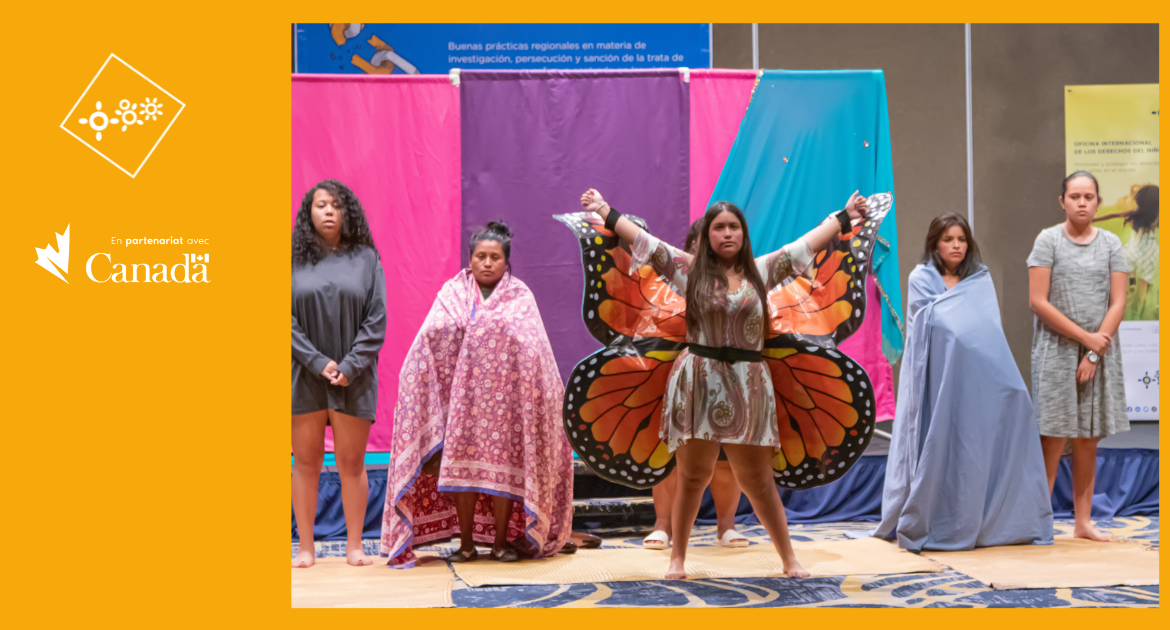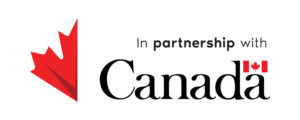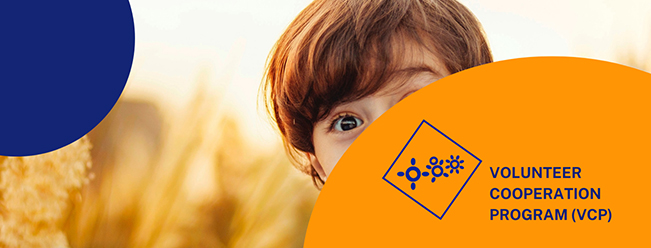
IBCR’s multi-year project in Honduras to empower change agents against trafficking in persons, especially women and girls in Honduras, launched a competition last year to select and support a few community-based initiatives. Two initiatives were selected and received technical and financial support for a few months.
The objective was to support community organisations in Honduras that fight against human trafficking and that work closely with the populations affected by this crime. A call for projects was launched, and a selection committee composed of the National University of Honduras (UNAH), the Federation of Private Development Organisations of Honduras (FOPRIDEH), and the IBCR selected two projects. They received support from the IBCR team as well as a fund.
Summary of the actions of the two initiatives from March to December 2021:
The Honduran Women’s Studies Centre project: fostering community debate for better protection
Trafficking in persons was analysed in depth in six neighbourhoods of Tegucigalpa through a community diagnosis, which made it possible to strengthen the public debate on prevention within the communities.
About 1,000 people, including 74 community leaders, participated in the project’s activities (round tables, training workshops, community fairs, etc.) and now have a better understanding of the actions they can take to protect themselves from human trafficking.
A play entitled “El vuelo de una monarca” (The flight of a Monarch) was created, featuring the experiences of young women related to human trafficking. The play, which was presented to 870 people in 10 performances, raises awareness of the risks, the profiles of traffickers and the impact of trafficking on the lives of victims.
A communication campaign was launched with the message “We are the motherland and we are not for sale”, denouncing the sale of women and girls’ bodies in the context of national economic development.
CEM-H (Centre for Women’s Studies in Honduras): Feminist organisation that promotes and defends women’s human rights for a dignified life, contributing to the emancipatory political project of the women’s movement and the feminist movement, through the generation of individual and collective transformation processes in women’s lives, both in the public and private spheres. The organisation articulates efforts with the social movement to eradicate patriarchal, capitalist and racist practices and thinking that determine the oppression, historical discrimination, violence and impoverishment of women.
Project of the Unit for the Integral Development of Women and the Family (UDIMUF): Freeing girls and women from trafficking, discrimination and violence.
209 indigenous people, including 164 women, were trained in identifying and reporting cases of trafficking.
The campaign “Ante la trata de personas, no hacemos trato” (We don’t make deals with human trafficking), was broadcast for a month on Honduran television and radio, reaching a large national and international audience.
The “Libres y poderosas” (Free and powerful) application developed by UDIMUF was updated and officially launched to school principals, the departmental directorate of education and parents in four communities: Tela, La Ceiba, Jutiapa and Arizona. It is aimed at girls, and provides information on how to identify trafficking and who to contact in case of danger.
UDIMUF (Unit for the Integral Development of Women and the Family): Feminist organisation that contributes to the improvement of the quality of life of women; recognising, developing and strengthening their capacities, offering them spaces for political participation, citizenship, promotion, dissemination and advocacy to guarantee the right to a life free of gender-based violence.
This innovative way for IBCR to support partners on the ground was a great success. The two initiatives complemented each other very well, using the training guides created by the project for civil society organisations.
Read more about the project in Honduras
To view the play presented by CEM-H (in Spanish)
This project is made possible through the financial support of Global Affairs Canada.






